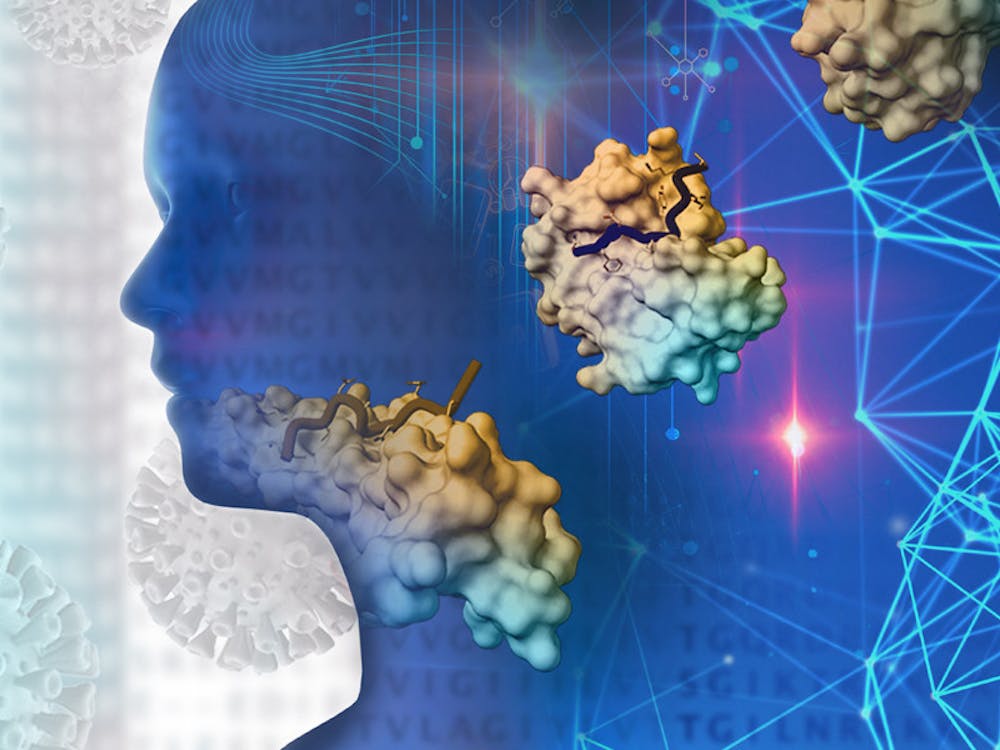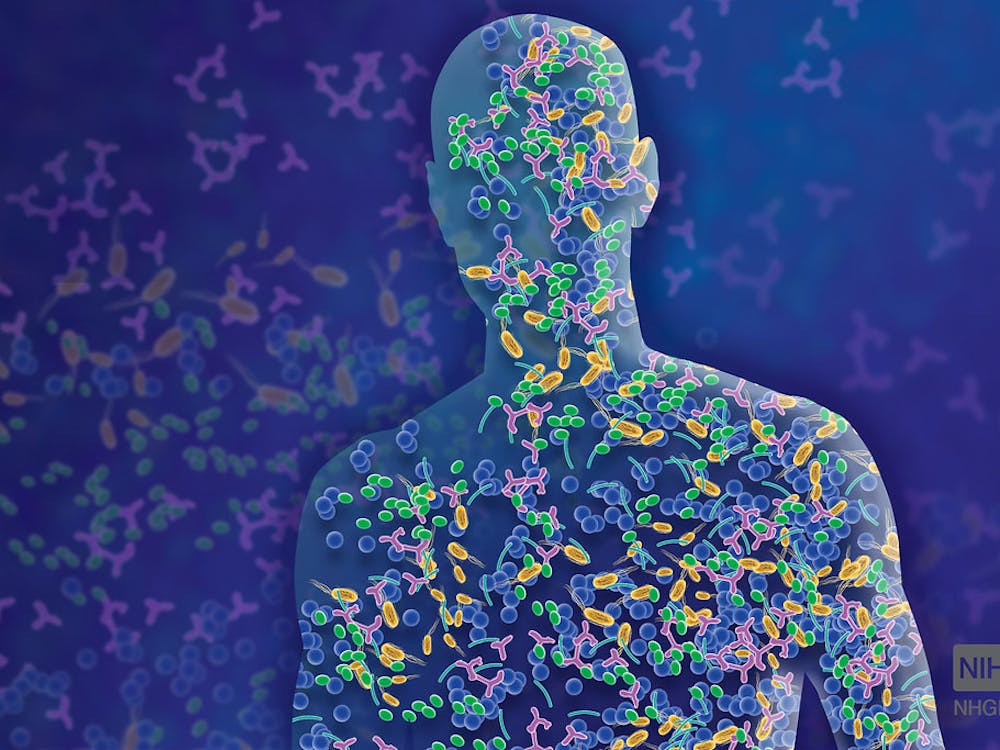It seems that our comfortable modern lifestyles may have gutted our microbiomes.
Industrialization and modernization have brought dietary changes, increased sanitation, improved hygiene practices and advancements in antimicrobial medications to today’s developed societies. Recent research speculates that these changes have significantly altered the microbiomes, the trillions of microorganisms that reside in and on human bodies, of people living in Western societies. The exact extent to which human microbiomes have transformed as a result of adopting “Westernized” lifestyles is currently unknown.
Some indigenous populations such as the Yanomami Amerindian tribe have been exempt from nearly all Westernization-related societal changes, and their microbiomes appear to reflect this. The Yanomami people reside in remote Amazon rainforests on the Brazilian-Venezuelan border. Their semi-nomadic hunter-gatherer lifestyle has changed little since their ancestors arrived in South America more than 11,000 years ago.
A recent study found that members of an isolated Yanomami village, with no documented previous contact with Western people, possess microbiomes with the highest bacterial and genetic functional diversity ever reported in any human group. Researchers at the New York University School of Medicine, Washington University School of Medicine in St. Louis, Venezuelan Institute of Scientific Research and other institutions conducted the study, which was published in Science Advances on April 17.
Through sequencing genetic material from collected biological specimens and comparing these data with data from previous studies, the researchers characterized the microbiomes of a group of previously uncontacted Yanomami villagers and compared them with the microbiomes of people from fully modernized societies and societies in transition.
Importantly, this study is the first to characterize the microbiomes of a population completely isolated from modern food, medicine, culture and society.
According to the researchers, the findings of the study suggest a connection between modern antibiotics and diets in industrialized nations and drastically reduced diversity in the human microbiome.
The researchers found that the skin and fecal microbiomes of the Yanomami subjects are far more diverse than those of U.S. subjects. The researchers suggest that the high bacterial diversity of the skin microbiomes of the Yanomami people stems from their higher body environmental exposure compared to people in westernized societies who wear clothes and spend far more time indoors and therefore have lower levels of environmental bacterial exposure and transmission.
Of particular note is that the Yanomami subjects possess significantly more diverse fecal microbiomes than do the semi-acculturated Guahibo Amerindian subjects and Malawian subjects, who live in mostly pre-industrial societies with some access to modern commodities and technology, including Western foods and antibiotics.
The researchers suggest that the high fecal microbiome diversity of the Yanomami is largely due to their dietary pattern. The Yanomami consume small, frequent meals throughout the day as opposed to the three large daily meals characteristic of the western dietary pattern. Additionally, the day-to-day diets of the Yanomami are largely determined by the seasonal availability of food. This leads to fluctuating gut microbial populations based on resource availability.
The oral microbiomes of the Yanomami and U.S. subjects were found to have similar levels of bacterial diversity but distinct differences in bacterial composition. For example, Yanomami oral microbiomes were found to have far superior metabolic and biosynthetic capabilities. The researchers suggest that the Yanomami’s levels of oral bacteria diversity is related to their oral hygiene habits — which are limited to occasionally washing the mouth with water — as well as their ancestral habit of chewing tobacco.
Interestingly, even though Yanomami microbiomes feature significantly higher diversity compared to those of Westernized and semi-acculturated populations, the Yanomami subjects have the lowest microbiome variability. This means that on average, microbiome differences between one Yanomami subject and another are significantly smaller than the differences between one U.S. subject and another or between one Guahibo subject and another.
The researchers suggest that this is due to the Yanomami’s isolation and lack of transculturation. This lack of contact with other populations has presented barriers for microbial exchanges and caused variability within Yanomami microbiomes.
Most surprisingly, the researchers found that the Yanomami subjects had antibiotic-resistant (AR) genes in their microbiomes even though none of them had any known exposure to pharmacological antibiotics. The researchers propose that AR genes against natural antibiotics may have entered the Yanomami’s microbiomes via accidental ingestion of antibiotics produced naturally by soil bacteria.
Alternatively, the researchers propose that the AR genes may have reached the Yanomami people through either traded objects or a chain of contact that reached antibiotic-exposed populations.
Notably, the AR genes present in Yanomami microbiomes differ from those present in the microbiomes of people living in traditional communities in the Peruvian Amazonas and in Bolivia.
Most of the AR genes identified in the Yanomami subjects were part of the core genome of E. coli — a bacterium species that is a key component of the gut microbiota. In contrast, E. coli that was isolated from the guts of Peruvian Amazonas and Bolivian subjects — who have some access to urban areas and antibiotics — show high levels of acquired resistance to antibiotics and diversity of AR genes and plasmids.
The researchers believe that future studies should focus on understanding the causes and consequences of the changes in the human microbiome that accompany global modernization and the adoption of “Western” lifestyles. Since antibiotics were introduced to the Yanomami villagers during the study, the researchers believe that further studies conducted on this unique population are important for clarifying the specific effects of antibiotics on transforming the human microbiome.






















Please note All comments are eligible for publication in The News-Letter.